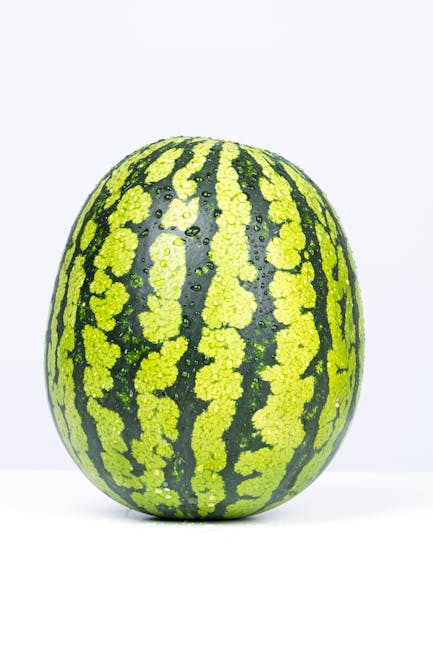Can I Compost Watermelon?
Watermelon rinds are easily composted because of their high water content and nutritional value, providing valuable nitrogen to your compost pile.


Sourced & Cited
Watermelons are a great addition to your compost! Their high moisture content helps maintain the right balance in your compost pile, and they break down relatively quickly. Just remember to chop them up to speed up the process.
Compost Classification
Green (Nitrogen-rich): Watermelons are classified as green due to their high moisture content and rapid decomposition rate. Their high water content helps maintain the moisture levels needed for effective decomposition in a compost pile.
🌱 Key Nutrients
This item contributes the following nutrients to your compost:
Nitrogen (N) Potassium (K)
🏷️ Tags
Important characteristics to know about this item:
Breaks Down Quickly Pest Attraction Risk Odor Risk Adds Key Nutrients
⚠️ Potential Risks
- Attracting pests like fruit flies or other insects if not properly managed.
- Potential for odor if large quantities are added without sufficient brown materials.
- Slow decomposition if large chunks are added without chopping.
💡 Best Practices
- Chop watermelon rinds into 1-2 inch pieces before adding them to your compost pile.
- Mix the watermelon with a good amount of brown materials (dried leaves, shredded paper) to balance the nitrogen content and prevent unpleasant smells.
- Ensure your compost pile is properly aerated to prevent anaerobic conditions and promote efficient decomposition.
- Consider burying larger pieces deeper within the pile to reduce pest attraction.
